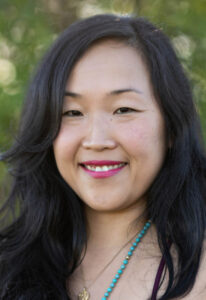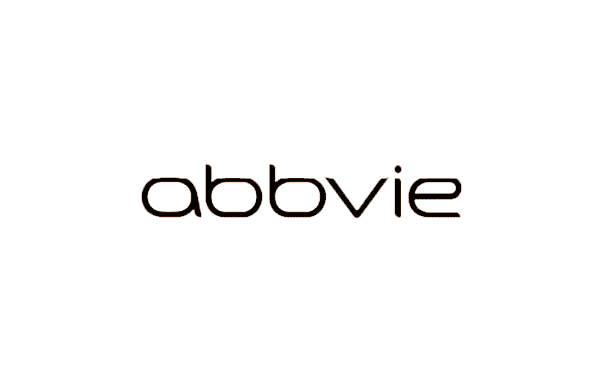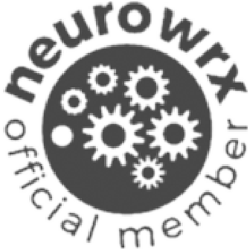My pet recently needed medical care. In one appointment, there were multiple interruptions – several for the doctor (all unrelated to my pet) plus a couple by staff members who wished to speak to me (also not directly about my pet. It could’ve waited).
This wasn’t an emergency facility. Aside from the abnormal number of disturbances, when I’m receiving and processing detailed, important information, interruptions like that can be highly dysregulating.
They can jolt my finely tuned mind out of concentration and stop what’s in motion. Like a cartoon souffle, my thoughts deflate in the presence of intrusive noise. It would’ve been different had there been only one interruption but each time, I would lose my train of thought and the questions I wanted to ask. I would feel disconnected from the kinetic flow of information between me and the vet. The frustration from this further distanced me from being able to organize my thoughts. As a result, I didn’t get as much out of the appointment as I wanted.
There had already been several communication mix-ups that day on their end, causing confusion and issues that needed to be addressed as they arose. Later, I did my best to mention to a staff member that it was hard for me to think throughout my appointment because of the interruptions. I shouldn’t need to get into why. For me, that was fair to express as a customer. For them, I could sense a few employees (not all) taking umbrage. Maybe it was my directness, the sheer number of issues that had needed to be addressed, or their entitlement that they should be able to do that. I sensed that some people felt I was “high maintenance” as a result. Other cues led me to the conclusion that there had been negative gossip about my saying that. (Incidentally, my lack of interest in gossip is one thing that made me question if I was neurotypical. Not solely the lack of interest, but not seeing the point. Negative gossip always struck me as counterproductive and a bit cowardly. If you have a problem with someone, I think you should just talk to them.)
I believe this office has helped many people and pets in the community; they do their best and were quite helpful to us. This isn’t intended to shade them at all and I want to reiterate that I didn’t sense tension from everyone on their staff. However, I’m making this a teachable moment because I believe these weird, negatively presumptuous misattributions happen all the time. It strikes me as crazy, that wanting to express or know the precise truth of someone or something is so often made into a problem in society.
As far as I know, they are one of only a few places offering certain treatment modalities, so it is likely that we’ll go back. If we do, in order to turn the tide of disfavor, I will likely need to tell them that I’m neurodivergent. I will likely need to explain why interruptions and communication mix-ups derail me more than neurotypical people, so that their umbrage towards me is quelled.
I will do the double duty of attempting to get my pet the best care possible, while remaining patient enough to essentially explain myself and self-advocate – because they inappropriately judged me. Despite juggling double duty like this in some form daily, somehow I am the one who hypothetically has a potential disability. Is it just me or does that seem backwards?
Sometimes I hate telling people I’m neurodivergent because it’s unfair – to take on a label of supposed illness, when I don’t see it that way and, from where I stand, the illness is all around me. It’s unfair to need to disclose personal information in order to counteract other peoples’ projections. To revolve around neurotypicality, like it’s the center of the world, even though we are all equals and it rarely revolves around my world. Autism is partly defined by communication issues. But communication is a two-way street and gossip is a communication issue too.
For females, it can also sometimes be loathsome to tell people you’re Autistic because the diagnosis was built around males, including observed behaviors that don’t necessarily apply to females. This is why women often go undiagnosed until adulthood, if at all. As a result and in my opinion, even if the diagnosis is received, women frequently battle Autism stereotypes that have nothing to do with them. Sometimes it seems like an ill-fitting label and just the closest approximation, for now.
The human ego is a curious thing. Some people act as if we have definitive answers about the science of how the world is and how the mind works, but the truth is we know very little. Especially about our brains – particularly female brains – and the nature of human consciousness. While there have been advances, if all there is to know were represented by the 12th grade, I think we’ve barely cleared kindergarten.
In the U.S., where Autism and other forms of neurodiversity are viewed as illnesses, it is no wonder that having these diagnoses can feel heavy, threatening, or even stir feelings of self-loathing. Yet how can such a definitive judgment be made when no one even knows what makes a brain “typical”? Who is to say the typical level of function is the fullest expression of our potential? It is just one of many.
When I observe the state of the world today, presumably built by neurotypical people, it concerns me. I am not compelled to take pointers about normalcy and health from those who created it. Can anyone say definitively that a neurodivergent brain is not an evolution? Sometimes I wonder if it’s like the movie Birdbox, where blindness in one context is a challenge, but in another it is a gift and an advantage. Not to sound grandiose but my point is – who knows? It’s possible.
Can you imagine how it would feel if more people viewed neurodivergence like Maori culture, which understands Autism as takiwātanga: “one who is in their own space and time”? To be seen as having a strong spirit and a heightened ability to connect with higher spiritual realms?
The medical model conjures up a great deal of fear. It is hyper-focused on what’s wrong. When that’s all people see, of course telling people you’re neurodivergent comes with reluctance.
Remember, there’s a lot that’s right with neurodivergence. Sometimes it feels like we reinstall a sense of heart, humanity, and truthfulness that has been derailed by greed, narcissism, and normalized deception.
There’s something remarkable about the amount of detail and information my brain can retain (not always, but enough to notice). The way I relate to nature. The way I sense suffering in others and experience innocence. It is fascinating what I cannot tune out, and when I can, my ability to focus and parse through information is laser-like. I am capable of being fearless, gentle, and ungentle in ways that I don’t think I fully appreciate. Sometimes I experience prescience. None of this necessarily makes my life a cake walk, but it does make it interesting and utterly unique.
Of course, no one is perfect and I am no exception. But the aspect of me that identifies as neurodivergent – I hold her in exalted status. I don’t buy into the presumption that it’s something to be fixed. No, for me, it is something to be celebrated. Some people just need to catch up. I invite you to reflect on and write down what’s right about your neurodivergence.




















